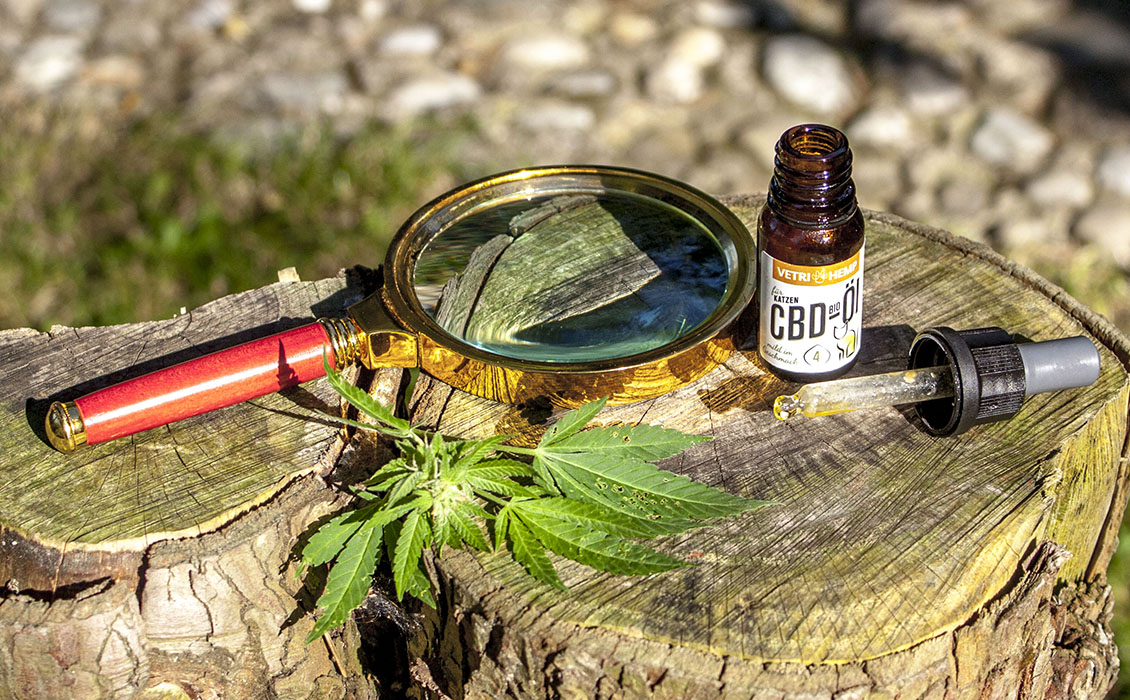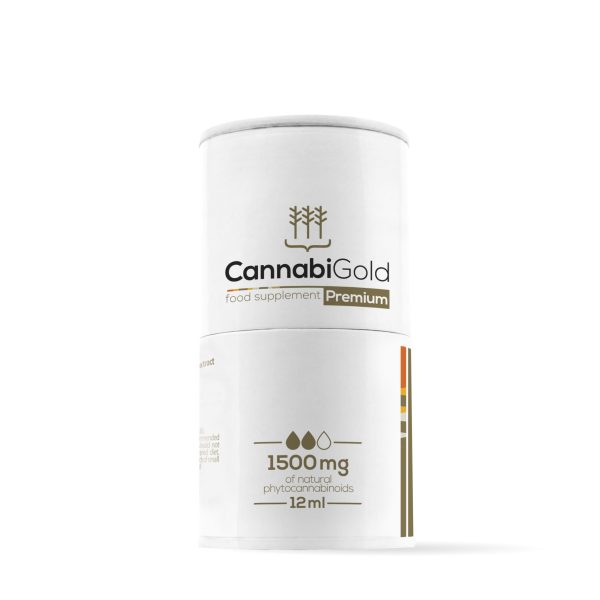
As research progresses, we are coming to realize the phenomenal power of the cannabis plant. In the fairly recent past, its studies have been limited due to its illegal status in North America and much of the world. Now that restrictions are lifting, science is freer to explore medical cannabis’ chemistry and implications for human and animal health. A quick search within the PubMed National Library of Medicine database for ‘marijuana’ turns up a host of studies, highlighting every aspect imaginable regarding the plant in its many forms.
1. Long-Term Cannabis Use Associated With Lower BMI: Lifetime cannabis exposure is associated with lower body mass index (BMI), according to longitudinal data published in the journal Psychosomatic Medicine.
https://norml.org/news/2019/01/03/long-term-cannabis-use-associated-with-lower-bmi
2. Antidepressant-like and anxiolytic-like effects of cannabidiol: a chemical compound of Cannabis sativa.
3. Low-dose vaporized cannabis significantly improves neuropathic pain.
4. Efficacy of Inhaled Cannabis on Painful Diabetic Neuropathy.
5. Cannabinoids produce neuroprotection by reducing intracellular calcium release from ryanodine-sensitive stores (cannabinoids prevent cell death)
6. Cannabis and endocannabinoid modulators: Therapeutic promises and challenges.
7. The effects of cannabinoids on the endocrine system.
8. Effect of Marijuana Use on Thyroid Function and Autoimmunity.
9. Phytocannabinoids and endocannabinoids.
10. Cannabis use is associated with reduced prevalence of progressive stages of alcoholic liver disease
11. Antitumor Effects of Cannabidiol, a Nonpsychoactive Cannabinoid, on Human Glioma Cell Lines
12. Pharmacological and Therapeutic Properties of Cannabidiol for Epilepsy.
13. Immune Responses Regulated by Cannabidiol
Conclusion: Overall, the data overwhelmingly support the notion that CBD is immune suppressive and that the mechanisms involve direct suppression of activation of various immune cell types, induction of apoptosis, and promotion of regulatory cells, which, in turn, control other immune cell targets.
https://pmc.ncbi.nlm.nih.gov/articles/PMC7173676/
14. Evaluation of Serum Cytokines Levels and the Role of Cannabidiol Treatment in Animal Model of Asthma
A study conducted in 2015 by Brazilian researchers suggests that CBD may reduce the hypersecretion of mucus in the airways, a symptom typically experienced among humans and pets suffering from asthma.








